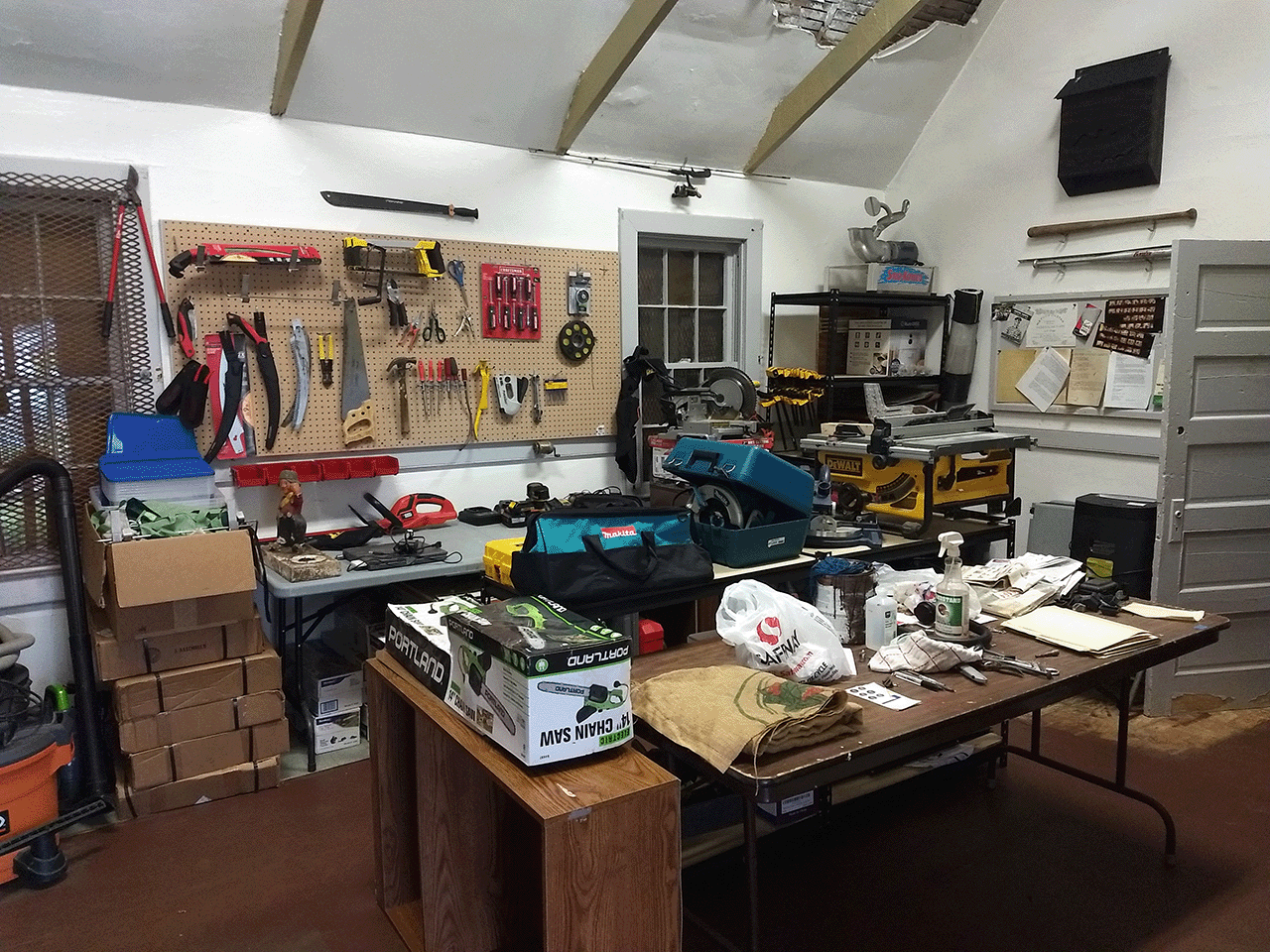Building trust with a rake and jigsaw


Inside a small building in the Petworth neighborhood of Washington, DC, and surrounded by a community garden, there is a tool library. Neighbors can check out an assortment of items from keyhole saws to power washers, soil testing kits to wheelbarrows, and tables to solar ovens. People from all over the city come to borrow tools, ask questions, share expertise, and build friendships.
The tool library started small, with a few rakes and shovels and 25 “members.” Josh Singer, a Parks and Recreation Department employee, started it to promote community gardening. Then, a local group called Green Neighbors DC got involved and partnered with the city to manage it. Now, the tool library has 900 members.
Most of the growth happened by word of mouth. People invited their friends to check it out and most stayed, donating time and tools to the cause. Annette Olsen, who managed the library for several years, says it is built on trust.
“If you start with the attitude that people are fundamentally good and want to share resources and not have to buy new things, it will work,” says Olsen. Very few tools have gone missing and most are returned on time. “When they do turn in the tools late, they are always apologetic and make it up by offering to help out with something that is needed.”
That trust was tested when a crisis hit last February. Someone broke into the library and stole everything. The library had to shut down. Local media covered the closing, and people started showing up to donate tools, money, and help rebuild. A local alarm company offered to install a security system for free. “People would write to us and they’d say, ‘we want to help.’ Everyone in the community showed up and when I say community, I mean the whole DC area,” says Olsen.
Libraries serve and build cooperation among neighbors. There are more than sixty tool libraries across the country. If there are none near you, consider starting one as a way to weave neighbors together. It can begin small, with just a couple gardening tools.
This story was originally published on Weave’s newsletter. You can subscribe here for more stories.

Student loans often follow borrowers for years, sometimes decades. Even people who fully understand how much they borrowed can feel...

It was a busy week for RIA aggregators. There were a few large moves, including $235 billion multi-family office Cresset...

Blog Posts Archives UnfavoriteFavorite February 27, 2026 Weave: The Social Fabric Project Subscribe to Weave’s Newsletter This story was originally...